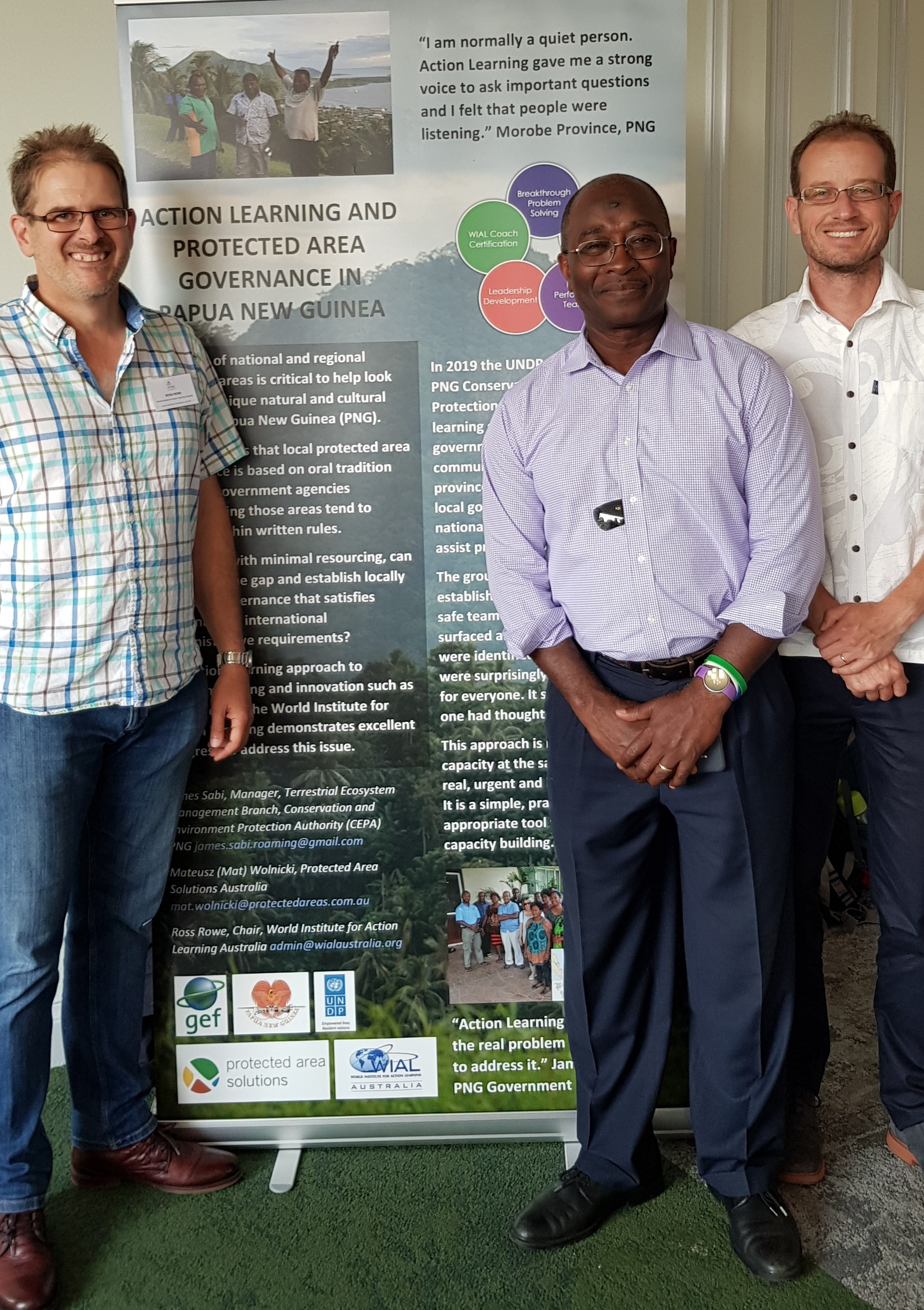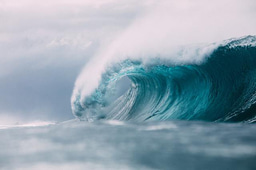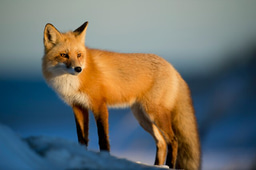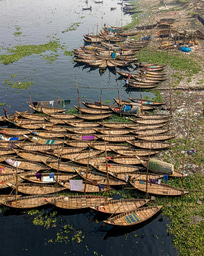For the beauty of life, wonder of diversity, rewards of exploring – create your future!

Ussi Abuu: (UA) WildHub Core Community member who is working towards achieving the Conservation Catalyst status.
Ross Rowe: (RR) as problem solving and executive life coach accredited with the World Institute for Action Learning and the International Coach Federation. He has over 25 years of workplace experience in environmental science and management. He coach for the beauty of life, wonder of diversity and rewards of exploring.
1. Ussi: Please share with us what diversity, equity and inclusion mean to you and why they are important?
Ross: Diversity recognises that within humanity, no two people are exactly alike, and the differences can be great. Differences can stem from biological factors like gender, environmental factors such as culture and philosophical factors including religion. The equity principle says that all people should be treated fairly when decisions are being made that may impact their wellbeing and their aspirations. Fair treatment respects and even values the differences in the way people look, behave and what they believe. The inclusion principle says that regardless of how great the differences may seem, it is right to include rather than exclude people who are different to us, particularly when we are exercising powers that impact the lives of those people. Valuing diversity is absolutely critical to interpersonal relationships in the workplace and society more broadly. When diversity is valued, people feel respected and valued. People feel accepted and supported to grow as the unique and talented person they are. When diversity is hidden or rejected, some people withdraw (externally and mentally) and others are provoked to fight.
A diverse workforce supports innovative problem solving and can be stimulating in positive ways. When we always draw on the same perspectives, beliefs, cultural and academic mindsets, we get the same type of answers. To solve the complex new problems of today and tomorrow, we will benefit greatly in the diversity of skills, experience and visions of our team.
2. Ussi: In your opinion, what are the most challenging aspects of working in a diverse workplace?
Ross: I think the biggest challenge in a diverse workforce is when different values and communication styles lead to misunderstanding and distrust. The greater the differences between people, the harder it can be to build rapport and trust. Rapport is our sense of comfort with someone, typically based in sensing that we are like them and feeling connected to them. We naturally trust the people who are most like ourselves. In an environmental management workforce, we can build rapport and trust by learning about each other’s values and shared passion for the environment, conservation and well-being of our communities. This approach to building understanding can also help conservation practitioners to resolve conflict with the broader community. Conflict often arises when the demands on natural resources have adverse impacts on the environment. By identifying a shared higher value such as enhancing the quality of human life, we may be able to enter a more constructive dialogue on the issues. This can lead to innovative new options that serve our common values and address economic, social and environmental aspirations.
A second big challenge is to break out of ‘group-think’ and peer culture to advocate for those potentially disadvantaged in a situation where diversity is present. One way to break group think is to simply ask a positively framed curiosity question. For example, ‘I wonder if we could find a benefit by including this …(e.g. person or perspective)’ or ‘how could exploring this perspective bring new insights?’
3. Ussi: What are the top 5 lessons you learned from environmental science and management?
Ross: These are:
1. Technical skills may get you a job, but self awareness, mental health and interpersonal skills determine your effectiveness, longevity and wellbeing in that job. If you are not thriving (mentally) you cannot deliver the conservation outcomes you dream about.
2. Conflict is not wrong in itself. Conflict is a clash of values, thoughts and perspective. Conflict can often be the catalyst for innovation and improved social and environmental outcomes. It’s the actions and words spoken (or not) that can cause harm and carry a moral judgement of right or wrong. It can also be helpful to recognise when we make choices that prioritise one value at the expense of another value.
3. Change is normal – in the environment (e.g. vegetation succession), social and organisational systems. When change is thrust upon us it feels less comfortable than when we initiate it. Regardless of the source of change, we can choose our mindset, our response and continued pursuit of desired environmental outcomes.
4. Emotions (including grief, anger, fear, disgust) indicate healthy human function, including in the workplace. Healthy human expression of emotions is sensitive to those about us.
5. Most decisions are made on the basis of what ‘feels’ right (gut feeling) and can be reasonably argued on the basis of various pieces of evidence. Neuroscience tells us that the gut, heart and brain are an integrated neurological system, each of these is worth listening to and each can be trained or retrained (neuroplasticity).

Ross Rowe (left) with Mohamed Bakarr of the Global Environment Facility USA (centre) and Mat Wolnicki of Protected Area Solutions Australia (right) presenting on the benefits of WIAL action learning for protected area conservation in Papua New Guinea at the Capacity Building for Conservation Global Conference London 2019. WIAL action learning is a team problem solving and innovation process that is inclusive, harnesses diversity, nurtures equity and intentionally builds capability (www.wial.org).
About Ross
Ross Rowe coaches for the beauty of life, the wonder of diversity and rewards of exploring. Based in Canberra, Australia, Ross is an executive life coach who coaches individuals and teams for REAL (Responsible, Empowered, Authentic and Liberated) outcomes in work and life. His work includes facilitation and coaching for the Australian Public Service Academy. Previously, Ross worked for 24 years in the Australian Government environment portfolio, including ten years at the executive level. Roles there included scientific editing for the Flora of Australia, regulation of international wildlife trade, threatened species management, environmental impact assessment and sustainable regional planning. Representative roles included knowledge integration for the Landscape and Policy Research Hub and secondment to the National Farmers’ Federation on Australia’s national environmental law. Ross managed small teams to deliver ecologically sustainable development and initiated an internal executive coaching role to build individual capacity, resolve interpersonal conflict and coach teams for high performance. From 2018-2020, Ross Chaired the World Institute for Action Learning Australian affiliate. Ross has Bachelor degrees with Honours in Science (Australian National University, Canberra) and Theology (Moore Theological College, Sydney). He is a certified coach with WIAL, the International Coach Federation and a member of the Resolution Institute.
Ross treasures the natural environment and loves fly-fishing, bike riding, carnivorous plants, bonsai and is active in Christian communities. Connect with Ross on linkedin or via website:www.rossrowecoaching.com email:ross@rossrowecoaching.com




Please sign in or register for FREE
If you are a registered user on WildHub, please sign in